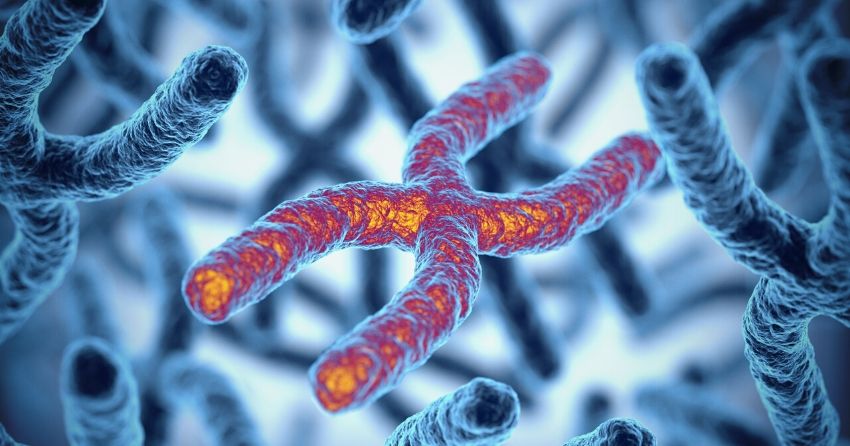Mice With Extra Long Telomeres Have Longer Life Spans

-
Mice with extra long telomeres lived 13% longer, as well as had less cancer and delayed metabolic aging.
-
Telomeres are the caps on the ends of chromosomes, which are a marker of aging, as they get shorter with each cell division.
-
Researchers discovered that longevity is able to be extended without genetic manipulation.
The following commentary was posted by Reason on FightAging.org:
Researchers here report on the generation of a mouse lineage with much longer telomeres than is normally the case. Telomeres are the caps of repeated DNA sequences at the ends of chromosomes; a little is lost with each cell division, and cells self-destruct or become senescent when telomeres become too short. This acts as a limit on the ability to replicate for most cells in the body. Stem cells use telomerase to maintain long telomeres, however, allowing them an indefinite number of cell divisions, used to deliver daughter somatic cells with long telomeres into tissues. Thus average telomere length in a tissue is some function of the pace of cell division and the pace at which stem cells generate replacement cells.
This division of cells into a privileged minority and a restricted majority is the way in which all higher forms of animal life control the risk of mutation and the unfettered replication of cancer to a sufficient degree to allow evolutionary success. Over the past decade or more, researchers have been exploring ways to alter the balance of telomere length and telomerase activity in mice, and have found that enhanced telomerase activity extends life, reduces cancer risk, and improves health. As a consequence a number of groups are working on delivery of telomerase gene therapies to human patients, though there remains the question of whether the balance of cancer risk is the same in humans as in mice. The two species have quite radically different telomere dynamics.
In this study, the enhanced mice live somewhat longer than their unmodified peers, though not as much longer as is the case for the application of telomerase gene therapy. The mice do also exhibit reduced cancer risk, however. The scientists here class telomere shortening as a cause of aging, which is not a point universally agreed upon. Reductions in average telomere length in tissues looks much more like a downstream consequence of reduced stem cell activity than an independent mechanism.
The study was published in Nature Communications in October 2019:
Short telomeres trigger age-related pathologies and shorter lifespans in mice and humans. In the past, we generated mouse embryonic (ES) cells with longer telomeres than normal (hyper-long telomeres) in the absence of genetic manipulations, which contributed to all mouse tissues. To address whether hyper-long telomeres have deleterious effects, we generated mice in which 100% of their cells are derived from hyper-long telomere ES cells. We observe that these mice have longer telomeres and less DNA damage with aging. Hyper-long telomere mice are lean and show low cholesterol and LDL levels, as well as improved glucose and insulin tolerance. Hyper-long telomere mice also have less incidence of cancer and an increased longevity. These findings demonstrate that longer telomeres than normal in a given species are not deleterious but instead, show beneficial effects.





